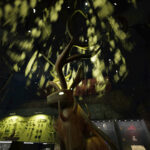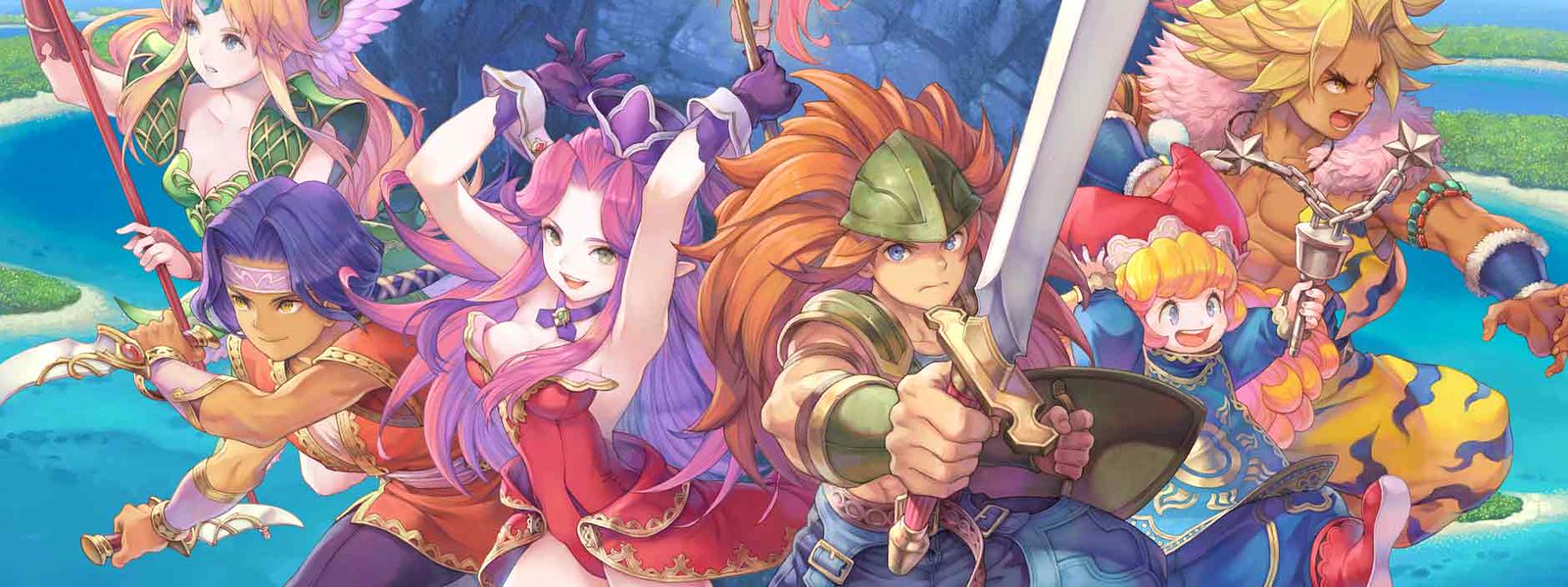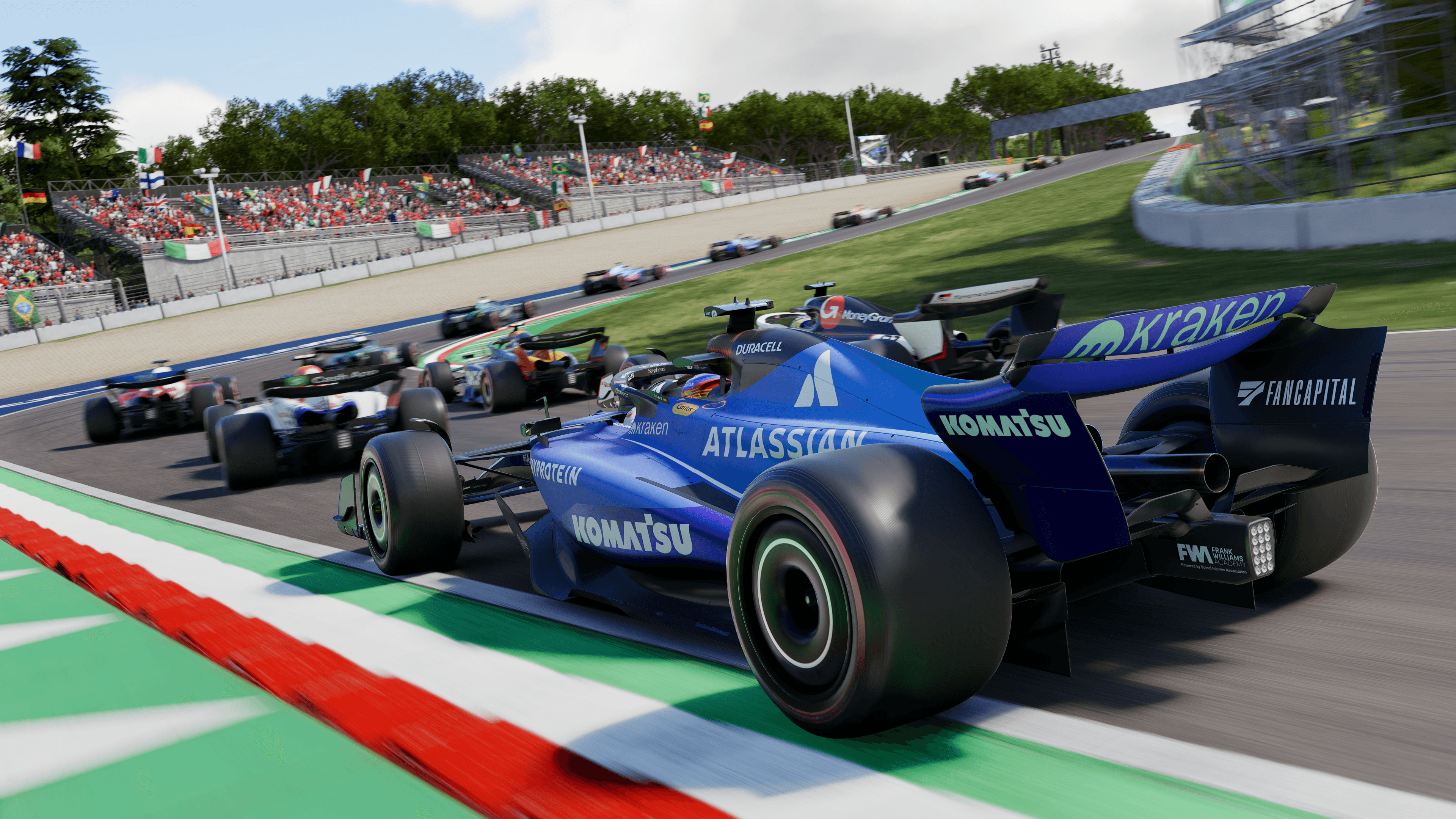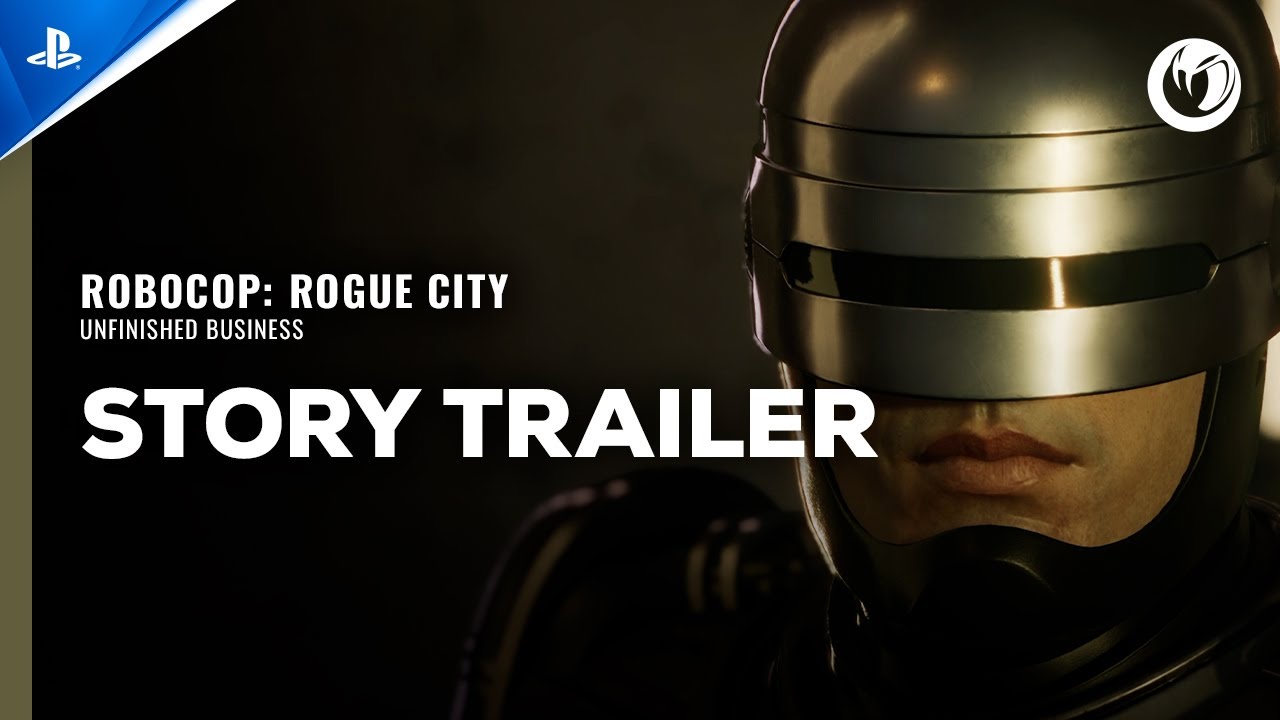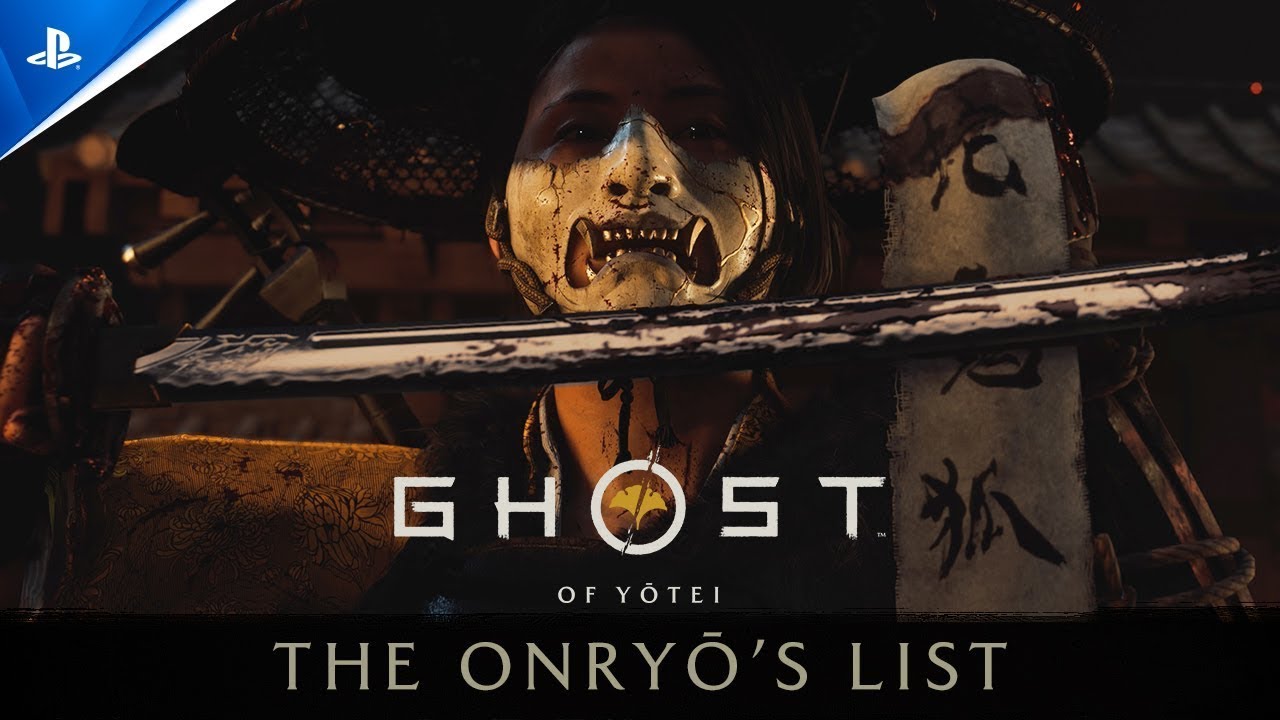Trials of Mana, out on PS4 in 2020, is a remake of an RPG classic you’ve possibly never heard of. That is understandable, as the story behind it is over 20 years old. Let’s get you up to speed with a quick refresher.
A quick story from 24 years ago…
The short version is a game named Seiken Densetsu 3 came out in Japan way back in 1995. It retained certain elements of its predecessor, known as Secret of Mana in the West — high fantasy setting, lush visuals, an emphasis on real-time combat — while expanding on others. You still played with a party of three characters, but now you had a cast of six to choose from, with the storyline altering depending on who you selected as your core trio.
Yet despite Secret of Mana — receiving global critical acclaim on launch, its follow-up never released outside of Japan.
Fast-forward to June this year and Square Enix made a surprise announcement: it was hard at work on a Seiken Densetsu 3 remake. And with a new version comes a new name: Trials of Mana. Same characters, same world, but rebuilding everything else to make it look, sound and play like it had been created for today’s audience.
How a new game can feel so familiar…
And the idea works. I was overcome with a strange sense of deja-vu when playing the demo recently, like I was revisiting a classic game I’d loved but inexplicably forgotten. Nostalgia gripped me the moment the game’s gorgeous soundtrack kicked in and those vibrant visuals came into focus. Nostalgia for a game I have never played. Square Enix has achieved something special here. For gamers of a certain era, the experience might be disconcerting. Disconcerting, yet wonderful.
…and the challenges faced by the studio to achieve just that
That sensation is something Square Enix is well aware of. “A large part of putting out this remake was to capture the nostalgia for people who’d played it when they were younger,” explains producer Masaru Oymada when I talk to him after my half-hour play session. And even if you haven’t played the original, you should recognise the era this remake evokes.
The team knew it wanted to keep the general outline the same, but much needed to be rebuilt to make sure the game could “fit with the times.” The question then was this: what would this game be if it was made today?
Not that answering that was simple. From the start, there were big design concerns, ones without easy fixes. Not only did the studio have to reinterpret the game’s look as it jettisoned the original’s pixel art approach, it had to reinvent the battle system. Both proved challenging.
“With pixel art there’s a lot of extrapolation and imagination the user puts in to what they think the character looks like,” Oymada explains. ‘Filling those blanks’ for the Unreal Engine-powered adaptation, yet keeping the design consistent with the original was an uphill struggle.
Similarly, retaining characters’ personalities while removing the more “comical” aspects of their body language proved tough. “It was definitely something we struggled with, to figure out how to keep the characters’ personality and properly express it through their movements.”
You can switch between your three party members at any time. You can customize what actions your two other party members will perform during battle in a sub menu
Nor could the battle system remain the same. While an early prototype that mimicked the original had a “good vibe” going to begin with, the team soon “got the feeling that the battle system, with the way it looked, it didn’t really fit.” The decision was made to start afresh. The final system, which adds in modern touches such as evades, jumps and combos, was refined through multiple playtests.
In comparison, the switch from the traditional top-down view to a third-person perspective was relatively easy. “It really was just to make sure the player felt as immersed in the story as possible.”
When change is tradition
Yet change is not unusual for Seiken Densetsu. In fact, it’s tradition. According to Oymada, franchise creator Koichi Ishii was “always very keen to try new things” come every game in the series. A new take on a familiar legend.
With that philosophy in mind, it’s only fitting that Mana’s return is under a new guise. And from what I’ve played so far, it’s a story whose newer embellishments make it worth revisiting. Even if it’s for the first time.


